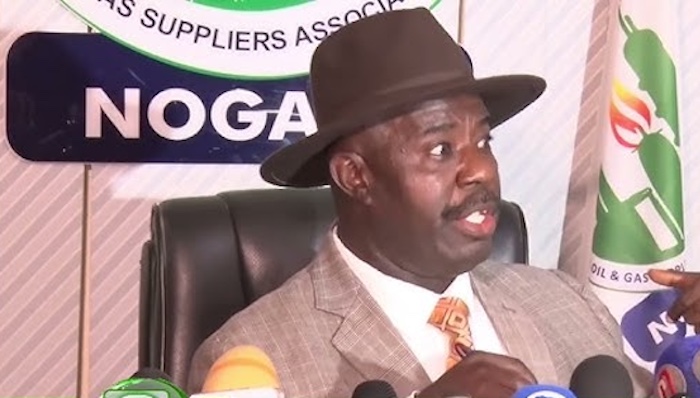The Natural Oil and Gas Suppliers Association of Nigeria (NOGASA) has issued a significant appeal to President Bola Tinubu, urging his immediate intervention regarding the ambitious plan by Dangote Refinery to commence direct distribution of petroleum products across the nation. This move, according to NOGASA, carries severe implications for the downstream oil sector, potentially leading to an unprecedented monopoly and jeopardizing the livelihoods of countless independent marketers and middlemen.
NOGASA’s primary concern centers on the potential for market dominance by a single entity, which could fundamentally alter the landscape of fuel distribution. They argue that allowing the Dangote Refinery to control both refining and distribution would effectively squeeze out thousands of existing Nigerian businesses involved in the petroleum product supply chain, creating an unfair competitive environment that disenfranchises a crucial segment of the economy.
Conversely, the Dangote Refinery has presented its direct distribution initiative as a strategic measure designed to enhance efficiency and reduce costs within the petroleum products market. The refinery announced substantial investments exceeding N720 billion towards this endeavor, which includes the deployment of approximately 4,000 Compressed Natural Gas (CNG) trucks, poised to begin operations as early as August 15.
Proponents of Dangote’s plan highlight the immense economic benefits it promises. The refinery projects annual savings of over N1.7 trillion for Nigerians and anticipates absorbing more than N1.07 trillion annually in fuel distribution costs. This bold step, it suggests, would significantly benefit over 42 million Micro, Small, and Medium Enterprises (MSMEs) by substantially reducing their energy costs and thereby enhancing overall profitability across various sectors.
Furthermore, the initiative aims to eliminate transportation costs for fuel marketers and large-scale consumers, a factor expected to contribute directly to lower pump prices for petrol and diesel. By streamlining the supply chain and delivering products directly to filling stations and industrial facilities, Dangote asserts its plan will play a vital role in curbing inflation and ensuring more stable and affordable energy costs nationwide.
Despite these projected benefits, NOGASA’s National President, Korie, voiced profound apprehension, emphasizing the dangers of a “giant monopoly” in the downstream oil sector. He recounted NOGASA’s historical support for the refinery during its nascent stages, underscoring the irony that an enterprise they once championed now threatens their members’ very existence within the fuel distribution network.
NOGASA firmly contends that its members possess the adequate capacity and infrastructure to handle petroleum products distribution efficiently. They advocate for a balanced system where the refinery focuses solely on its core business of refining, selling to depot owners who then distribute to end-users. This approach, they argue, sustains a broader ecosystem of Nigerian businesses and preserves employment.
The association highlighted the stark contrast in employment figures, noting that while the refinery might employ 1,000 staff for distribution, NOGASA represents 3,000-4,000 Nigerians currently benefiting from the distribution business. Allowing Dangote to consolidate refining, stocking, logistics, and pricing functions into one entity would, in their view, transform one company into both a businessman and a de facto regulator, creating an unhealthy imbalance and potentially leading to significant job losses for thousands of citizens.
NOGASA concluded by assuring its members and the public that it is meticulously examining Dangote’s recent entry into downstream distribution and marketing. This significant development is under careful scrutiny, as the association seeks to protect the interests of its members and ensure a fair and equitable competitive environment within Nigeria’s vital petroleum sector.





Leave a Reply